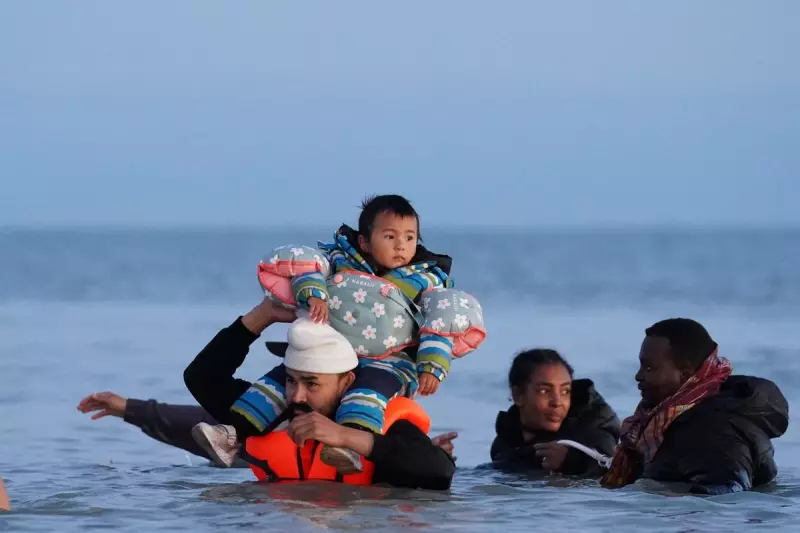
In a dramatic legal showdown, the British High Court has delivered a stinging rebuke to the Home Office, granting an urgent injunction to prevent the removal of an asylum seeker back to France just moments before his flight was due to depart from Heathrow.
The case centres on an Iranian national, identified only as PN, who arrived in the UK via small boat crossing. The Home Office had moved to return him to France under the premise that it is a 'safe third country'—a designation now under intense legal scrutiny.
A Race Against Time
The claimant's legal team, from the firm Duncan Lewis, mounted a desperate last-minute challenge. They argued that returning their client to France would expose him to 'a real risk of inhuman or degrading treatment' due to the well-documented dire conditions faced by migrants in the Calais region.
Mr Justice Swift, presiding over the case, found the argument had a realistic prospect of success. His interim relief order effectively grounded the Home Office's plans, buying crucial time for a full judicial review.
The Core of the Legal Challenge
This case strikes at the heart of the UK government's strategy to deter Channel crossings. The claimant's lawyers are challenging the very legality of the Home Office's policy, specifically:
- The definition of France as a 'safe third country'.
- The potential violation of the Human Rights Act 1998 by exposing individuals to destitution and unsafe conditions.
- The lawfulness of the removal directions issued against PN.
A Home Office spokesperson stated they would 'robustly defend' their policy, emphasising their commitment to tackling illegal migration and removing those with no right to remain in the UK.
What Happens Next?
The outcome of the upcoming judicial review could have seismic implications for UK immigration policy. A ruling against the Home Office would force a major overhaul of its returns agreement with France and set a powerful precedent for thousands of similar cases.
This legal battle is being watched closely, as it tests the limits of government power against the fundamental rights of some of the most vulnerable people seeking refuge on Britain's shores.





